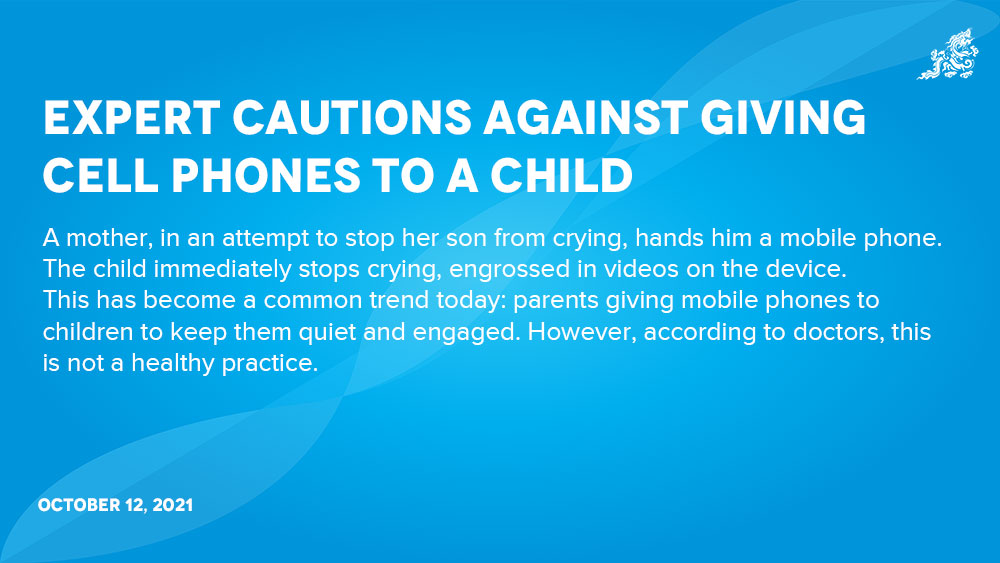Younten Tshedup
A mother, in an attempt to stop her son from crying, hands him a mobile phone. The child immediately stops crying, engrossed in videos on the device.
This has become a common trend today: parents giving mobile phones to children to keep them quiet and engaged. However, according to doctors, this is not a healthy practice.
Calling it ‘electronic-babysitting’, a senior psychiatrist, Dr Damber K Nirola, said that the growing trend is worrying. “Firstly, mobile phones release a lot of radiation. Secondly, children are exposed to all sorts of content online if parents are not careful.”
Dr Nirola said that recent studies have speculated that exposing children below the age of 18 months to mobile phones could lead to the development of autism spectrum disorder in the child. This is still being studied and results are not yet considered conclusive.
Autism spectrum disorder is a condition related to brain development that impacts how a person perceives and socialises with others, causing problems in social interaction and communication.
After becoming a mother recently, Karma Choden is struggling to balance work and family life. “My son recently reached 18 months old, and he is very restless. He likes going to sleep only after watching some cartoons on YouTube. If he is not allowed to watch, he won’t sleep the whole night.”
A father of two said that it is only with the help of mobile phones that he could go to work in the morning.
“Otherwise, kids won’t let us leave the house. I’m told by my mother that the kids are on YouTube throughout the day. I’m worried about this, but then I have not been able to do anything yet.”
One of the many reasons behind the increasing mental health cases in the country, opined Dr Nirola, is excessive use of the internet, social media, and online games.
He said that children exposed to such practises have higher chances of developing certain mental conditions as they grow up. “We are anticipating some of these problems in children in the future.”
Gaming addiction, according to the psychiatrist, is also on rise in the country. “Gaming addiction is similar to other addictions. As people spend more time playing games, they can become jittery and are deprived of sleep, affecting their mental health.”
Foreign Minister Dr Tandi Dorji said that Bhutanese parents wanted the government to ban online games such as PUBG. “We understand their concerns, but it is impossible for the government to do this because we don’t have the resources and technical capacity.”
Lyonpo said that besides online games, the impact of social media on children is huge. If used positively, he said that the benefits were enormous. But at the same time, it has the potential to cause equal, if not more, damage when used unethically.
Lyonpo said that the pandemic forced many people to spend more time online. “With lockdowns, as people are confined to the same four walls, they spend more time online.”
A recent survey conducted by Bhutan Media Foundation found that penetration of social media is very high among Bhutanese. On average, Bhutanese spend 163 minutes (about three hours) every day on social media sites, which is slightly higher than the global average of 145 minutes.
Generation Z (age 13-29 years), millennials (age 30-44 years), those with university-level qualifications, and employed individuals were found to be the most intensive users of social media, with each category spending four or more hours on social media sites every day.
The survey found that regular paid workers, contract employees, and students spent over 200 minutes daily on social media platforms.
Edited by Jigme Wangchuk


